What No One Tells You About Travel Insurance (But You Really Should Know)
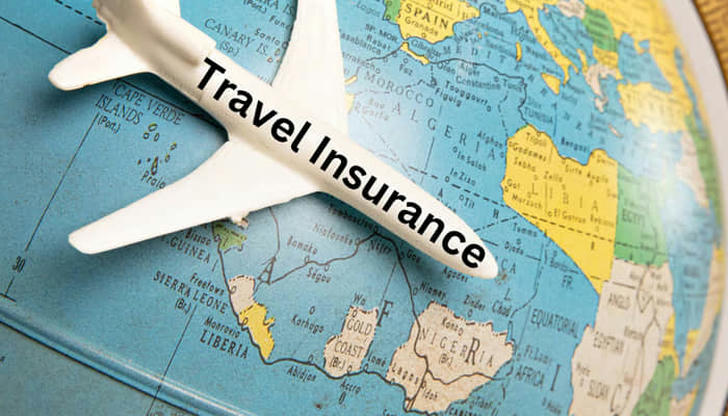
You've booked the flight, grabbed the hotel deal, and maybe even picked your window seat. Then---bam!---right before checkout, the website asks: "Add travel insurance?"
Cue the panic. Do you really need it? Is it a scam? And what if you click "no" and something goes wrong?
Travel insurance is one of those things we don't think about until the last second. But here's the truth: a little knowledge can save you hundreds of dollars, protect your trip from disaster, and give you peace of mind. Let's break down the fine print you never read---especially the tricky parts about pre-existing conditions, rental cars, and when buying coverage actually makes sense.
1. The Pre-Existing Condition Clause: The Sneaky Fine Print
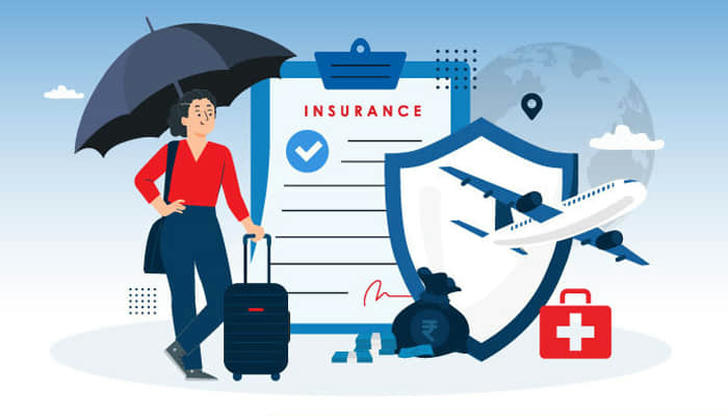
If you have any ongoing health condition---from diabetes to high blood pressure to recent surgery---this section matters more than anything else.
Here's the catch: most travel insurance won't cover a claim if it's connected to a condition you already had before buying the policy. That means if you're hospitalized abroad due to your heart condition, the insurer might deny the claim unless you bought a plan with a "pre-existing condition waiver."
What to do:
Buy early. Most insurers only offer a waiver if you purchase coverage within 7--21 days of your first trip payment.
Know your "look-back" period. Some insurers review your medical history from the last 60--180 days to see if your condition was stable.
Get your doctor's note. If your condition hasn't changed recently, a note stating it's "medically stable" can help if you ever need to file a claim.
Bottom line: if you have any health history, don't leave this to chance. Waiting until the night before your trip could mean your claim gets rejected.
2. The Rental Car Coverage Myth

Here's a big money-saver: travel insurance often includes rental car collision coverage---but so do many credit cards. If you say "yes" to both, you might be paying twice for the same thing.
What travel insurance covers:
Damage to the rental car if you crash, hit a pole, or get vandalized.
Sometimes loss-of-use fees (when the car is in the shop and the rental company loses money).
What it doesn't cover:
Liability for injuring someone else or damaging another car (you'll need separate coverage for that).
Driving outside the allowed country or on unpaved roads---yes, they can deny you for taking that "fun shortcut."
Pro tip:
Check your credit card benefits first. Premium cards (like Visa Signature, World Elite MasterCard) already include this.
If you don't have a good card, buying coverage through your travel insurer can still be cheaper than paying the rental company's daily rate.
3. When Travel Insurance Is Actually Worth Buying
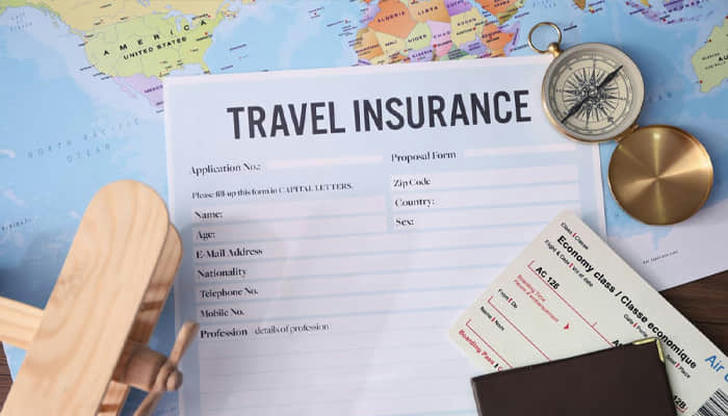
Here's the million-dollar question: when should you buy travel insurance, and when can you skip it?
Buy It If...
Your trip is expensive and non-refundable. Think international flights, cruises, or luxury tours.
You're traveling internationally. U.S. health insurance often doesn't cover you abroad.
You have health risks. Chronic conditions, recent surgery, or an elderly travel companion are all reasons to consider it.
You're traveling during risky seasons. Hurricanes, strikes, or political unrest? Trip interruption coverage is your friend.
Probably Skip It If...
Your trip is cheap, domestic, and fully refundable.
You already get solid coverage from a credit card (look at trip delay, baggage loss, and rental car benefits).
You can financially absorb losing the cost of the trip.
4. Don't Forget "Cancel for Any Reason" Coverage
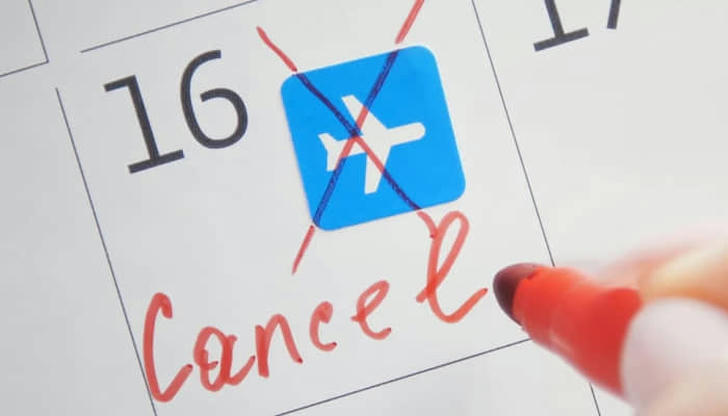
Standard travel insurance only covers cancellation for specific reasons---like illness, injury, or jury duty. But what if you just get cold feet, or that "friend trip" starts falling apart?
"Cancel for Any Reason" (CFAR) upgrades let you cancel for literally anything---even a bad vibe---and still get back 50--75% of your trip cost. It's pricier (often 40--60% more than a standard policy), but worth it if you're spending big and worried about last-minute changes.
5. How to Actually Use Your Policy (If You Need It)
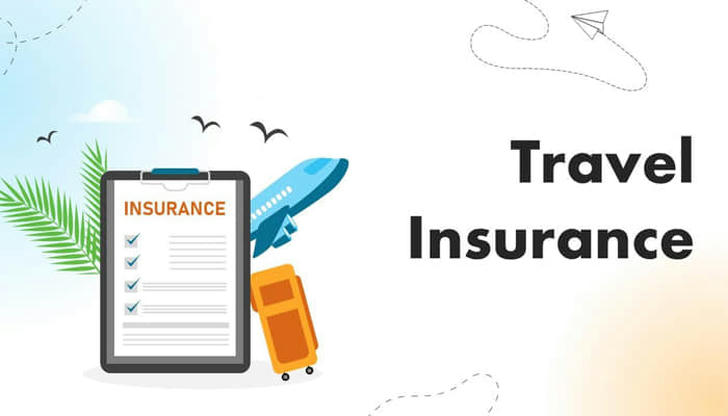
Having coverage doesn't mean you're automatically reimbursed. You'll need to file a claim---and documentation is everything.
Keep every receipt. Hotel bills, flight itineraries, doctor's notes.
Call the insurer ASAP. Many require you to notify them within 24 hours of a problem.
Follow their process exactly. Missing a step can delay or deny your payout.
Final Thought: Insurance = Peace of Mind, Not Panic Buy
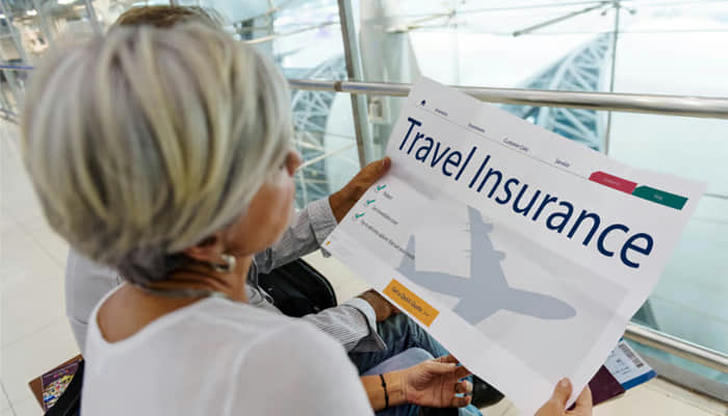
Travel insurance isn't just another upsell---it can be your financial safety net when things go sideways. The trick is knowing what you're paying for, avoiding double coverage, and buying early enough to get the good stuff (like pre-existing condition waivers).
Next time that little pop-up asks if you want coverage, you'll know exactly whether to click "yes" or "skip." And that's the kind of confidence that makes travel a lot less stressful.
